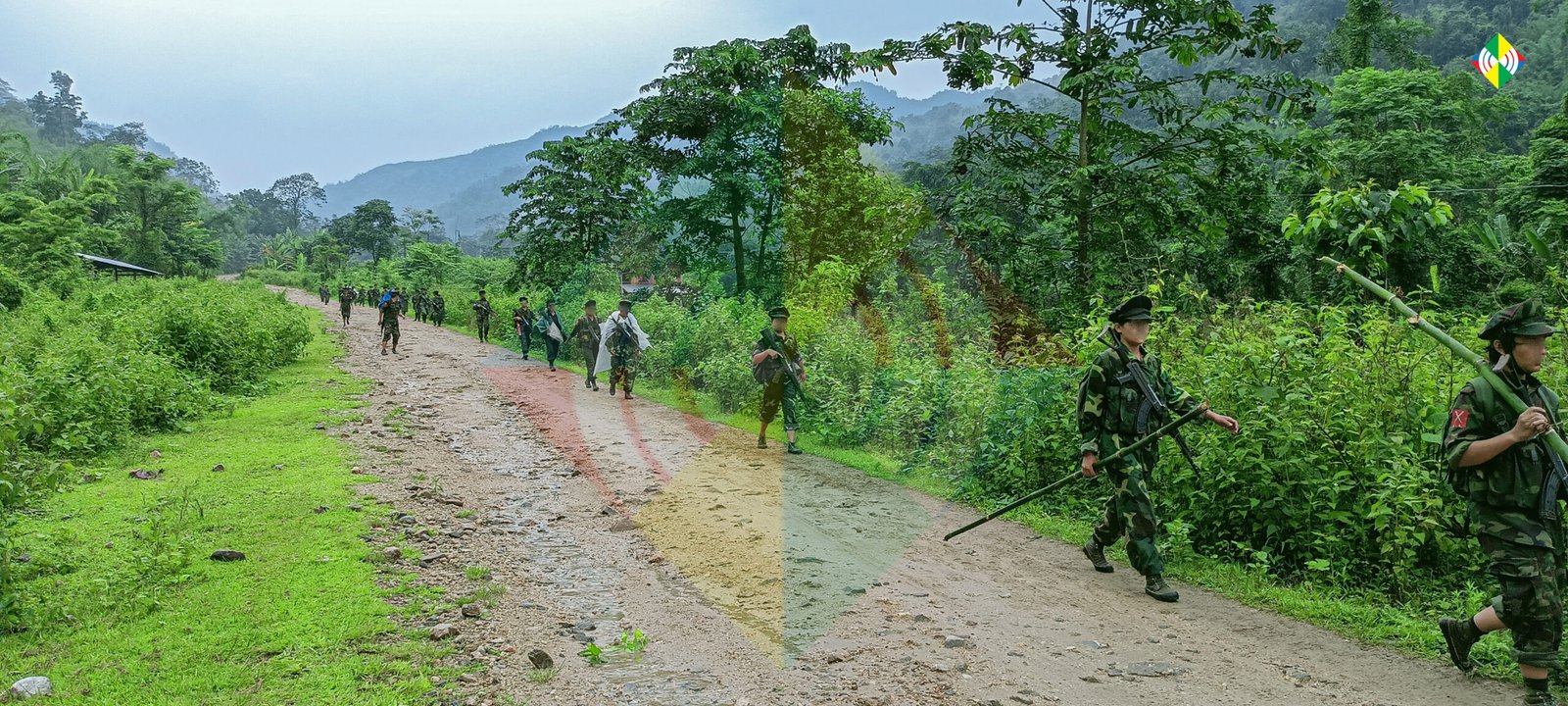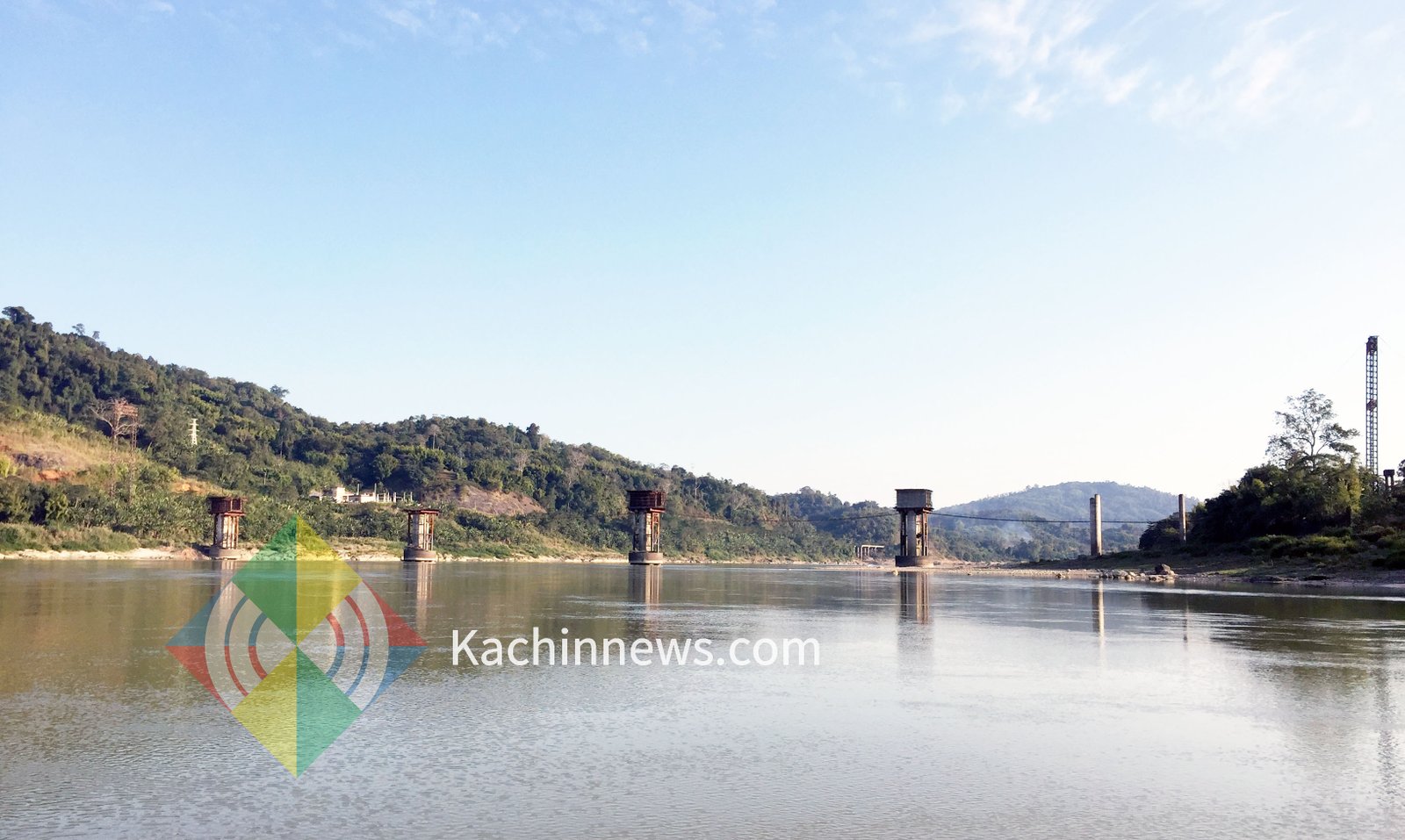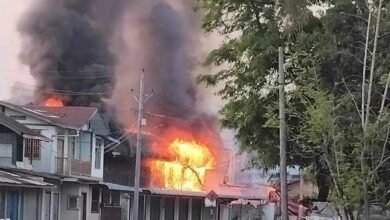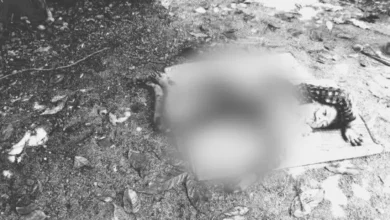
Many people in the far north of Myanmar’s Kachin State in Putao and Naung Mon townships are currently facing severe food security issues due to the high price of food in their areas. While food prices in Myanmar have increased since the coup, a rise in transportation and energy prices has resulted in food prices increasing significantly in the most northern part of Myanmar.
Villagers in this remote northern corner of Kachin State previously used to buy rice with the income they earned from selling medicinal herbs harvested or foraged in the mountains. As an ecologically rich area that was until very recently left in relatively pristine condition, herbal plants in Kachin State’s far north are highly sought after. Ongoing clashes in central Kachin State have made travel to the far north more difficult, since the Kachin Independence’s Organization’s 17 year ceasefire ended in 2011. In the wake of Myanmar’s 2021 coup there has also been a large increase in clashes in northern Kachin State as the KIO and the army and its proxy militias vie for influence. The increase in fighting has also added further difficulties for people in this difficult to acceess part of Myanmar, nestled between some of the most remote parts of India and China.
At present the price of a bag of rice in Putao is now well over 300,000 kyat. As a result of this sharp increase in the price of basic staples villagers who previously were able to support themselves are now facing major difficulties. The modest earnings derived from selling herbal medicine are as of late no longer enough to buy the amount of food villagers require to feed their families.
In a recent interview with Kachin News Group (KNG) a villager from Putao who lives in the foothills of South East Asia’s tallest mountain explained how the dire food security situation has affected his community.
Q: Could you please tell us about the livelihoods and general condition of the villagers living in northern Putao at present?
A: People’s main livelihood involves finding medicinal plants and herbal resources. Some people buy rice from Pan Nang Din and Naung Mon and they then sell it back in their villages. The price per box of rice is around 100,000 kyat in these areas. So people buy rice with the money earned from medicinal plants and herbal resources. This is the situation right now.
Q: What are the main problems people currently face?
A: There are too many [problems] to mention but the major problem we face relates to our living condition. We cannot buy rice at the usual price because of the rising commodity prices. In the past, a bag of rice was between 80,000 kyat and 90,000 kyat. But now I pay around 300,000 kyat for a bag of rice so it’s very challenging for those who don’t have money. I have heard that [for Putao people] getting by and suriving is more difficult than before because of the rising commodity prices.
Q: What do you think about rising prices?
A: Some businessmen sell products at very high prices and justify doing so by saying the political situation is not good. Of course rich people take advantage of areas with limited access and poor living conditions. How shameful it is to buy a bag of rice for 300,000 MMK when Myanmar itself produces rice. Why can’t the authorities control these changes in prices in the rice market properly? Things are disorganized when the government is not doing its work.
Q: Could you please tell us about child education?
A: In terms of education, the school has been closed since the outbreak of Covid-19, and almost no one has been attending school after the coup. There is no progress made even If students go to school anyway. Things are meaningless. Mountain areas were never prioritized for education and there are no educated people.
Q: What about the health condition of the people?
A: The health condition is also not good. There are no clinics or hospitals because it is a mountainous area. There are no medical professionals here either. The locals go to Putao and Myitkyina for serious illnesses. There are very few patients brought to Putao and most of them die in their villages having had no medical treatment. There are no yearly visits from public health workers.
Q: What are the main things you would like to ask for when facing such difficulties and problems?
A: We hope that the political situation will improve as soon as possible. All of our lives are ruined. We can’t go on like this for a long time. Education, health, and living conditions are not good. We will starve to death. There are no jobs. Even life in the city is very difficult now so It’s even worse here. Transportation is also difficult. The political situation needs to recover as soon as possible.
Q: What are the most important things you need right now?
A: Some people ask for a lot of help with their health issues. But this results in the volunteer or charity groups avoiding helping them as these group simply can’t handle all the requests. In these mountain areas solving health problems and improving living conditions and livelihoods are what is really needed now.




